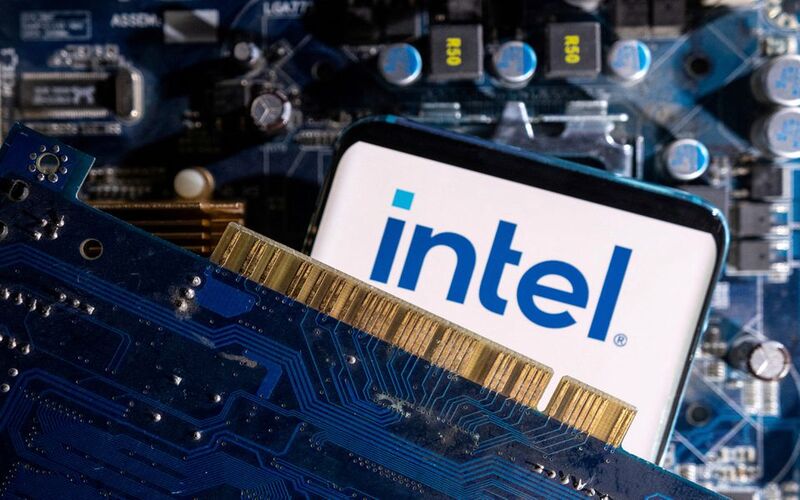German Chancellor Olaf Scholz praised Intel’s $33 billion investment (INTC.O) for building two chipmaking factories in Magdeburg as the country’s largest-ever foreign investment.
According to a source familiar with the situation, Berlin has arranged subsidies worth roughly 10 billion euros with the U.S. chipmaker, above the 6.8 billion euros it had previously offered Intel to construct two cutting-edge facilities in the eastern metropolis.
For “fulfilling the vision of a vibrant, sustainable, leading-edge semiconductor industry in Germany and the EU,” Intel CEO Pat Gelsinger thanked the federal government and the state of Saxony-Anhalt, where Magdeburg is located.
To regain its chipmaking prowess and better compete with rivals AMD (AMD.O), Nvidia (NVDA.O), and Samsung (005930. KS), Intel has been investing billions under Gelsinger’s watch in constructing plants on three continents.
Following Monday’s signing, Scholz stated, “today’s agreement is an important step for Germany as a high-tech production location – and for our resilience.”
“With this investment, we are increasing our capabilities in ecosystem development and production of microchips, bringing us closer to the technological forefront of the world.”
Intel’s third major investment in as many days comes from a transaction struck in Germany. It announced plans for a $4.6 billion chip plant in Poland on Friday, another European Union member, and announced intentions to invest $25 billion in manufacturing in Israel on Sunday.
McKinsey predicts that by 2030 the global semiconductor manufacturing business will have grown from $600 billion in 2021 to $1 trillion.
Germany is worried that it may lose its allure as an investment destination as other countries, particularly the United States and Europe, offer incentives to large industrial players through state subsidies and favorable legislation.
Amid rising concern over supply chain vulnerability and reliance on South Korea and Taiwan for chips, the Berlin government is investing billions of euros in subsidies to lure digital companies.
The CEO of the German government agency Germany Trade & Invest, Robert Hermann, said that the scale of Intel’s renewed and enhanced commitment to its expansion in Magdeburg spoke louder than words about Germany’s desirability as a high-tech corporate site.
After successfully convincing Tesla (TSLA.O) to construct its first European gigafactory in Germany, Berlin is now in talks with Taiwan’s TSMC (2330. TW) and Sweden’s electric car battery maker Northvolt about setting up manufacturing in Germany.
At 15:34 GMT, shares of Intel traded 0.3% higher in Frankfurt.
Intel claims that the increased government support and incentives included in the deal published on Monday reflect the project’s increasing scope since it was first announced in March 2022.
Intel’s original plan for the Magdeburg factory called for an investment of 17 billion euros, but that number has already ballooned to more than 30 billion.
This proves that Germany is an exceptionally desirable place to live. According to Robert Habeck, minister of the economy, “we play at the forefront of global competition and secure sustainable and qualified jobs and value creation.”
After the European Commission approves the financing package, Intel expects the first Magdeburg plant to open between four and five years later.
According to the American chipmaker, the first phase of the development will produce around 7,000 construction jobs, about 3,000 high-tech employees at Intel, and tens of thousands of jobs throughout the industry.
Last year, Intel revealed intentions to develop a large chip complex in Germany and facilities in Ireland and France to take advantage of lenient finance restrictions and subsidies from the European Commission. The European Union is trying to lessen its reliance on chip imports from the United States and Asia.
However, Gelsinger told Reuters on Friday that he anticipated achieving an arrangement and that his request was to remain cost competitive despite the large disparity between what Germany had promised in subsidies and what Intel needed.
He lamented that we have to be competitive if we are to regain this industry that we let slip away to Asia.




















































